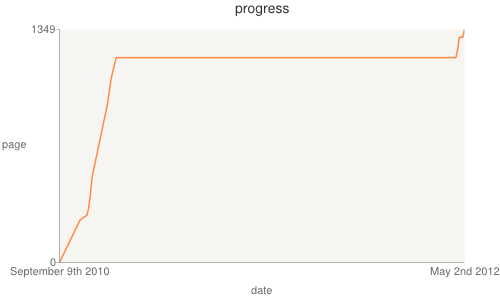

Or modern banking with interest bearing accounts.ĭespite my best efforts to push this stuff to the side and just go with the story, it bugged me to no end. I still enjoyed the books enormously, but I could never shut up the voice that pointed out all the ways Harry’s journey would have been easier with, say, access to phones.

I wish I could have just accepted the Wizarding World with the unquestioning excitement that I accepted Narnia or Pern, but by the time I picked up HP, though, it was too late for that. The problem with reading books meant for children as an adult is that your adult mind keeps getting in the way of the wonder. Those frantic midnight reading sessions were some of the most fun I’ve ever had with books, but I still wish I’d gotten into HP sooner, because I think I would have enjoyed the story a lot more if I’d been young enough to take the text as written. Once I discovered the awesome and got caught up, I bought the remaining books at midnight on release day and read them in a frenzy just like the rest of the world. It’s not that I didn’t enjoy the HP books when I did eventually read them. For example, and most notable for this particular post, I didn’t read the Harry Potter series until my early 20s, and I haven’t stopped kicking myself since. I missed out on a lot of really awesome books that probably would have made my depresso High School years much better. The decision to place my intellectual image above my love of reading was dumb in the way only teenage hubris can be. As a teen, I was a hideous snob more concerned with what everyone else thought of the book in my hand than whether or not I was actually enjoying it. I like to think of myself as a very egalitarian reader. – Eliezer Yudkowsky, Harry Potter and the Methods of Rationality

“Gryffindors,” spat Professor McGonagall, the word carrying a freight of bitterness and despair that fell like an eternal curse on all youthful heroism and high spirits. “Don’t take this the wrong way, Professor McGonagall, but what sort of crazy children are you used to dealing with?” Who: Rachel Bach, author of the recently debuted military SciFi series starting with Fortune’s Pawn ( we really liked it, precious) as well as of the Eli Monpress series under the name Rachel Aaron. Welcome to Smugglivus 2013! Throughout this month, we will have daily guests – authors and bloggers alike – looking back at their favorite reads of 2013, and looking forward to events and upcoming books in 2014.


 0 kommentar(er)
0 kommentar(er)
